KULE SCHOLARS PROGRAM
The Kule Scholars program is designed to support and reward research excellence in the social sciences, humanities, and arts at the University of Alberta. The Kule Scholars program brings together select researchers from different disciplinary backgrounds and methodological approaches for a 3-year non-renewable term to focus on a research theme aligned with KIAS research priorities.
Scholars work collaboratively and interdisciplinarily, helping to shape a robust research culture at the U of A surrounding each cohort theme.
2022-2025 Cohort of Kule Scholars
Politics, Pandemics, & Misinformation

Aligning with the Kule’s vision of creating a greater understanding of the most important issues of the day, we are excited to announce the members of the 2020-2023 cohort who have come together around the theme “Politics, Pandemcis, & Misinformation”.
Over the course of the next 3 years these scholars will weave an interdisciplinary and collaborative research community that explores such questions as:
- How is SARS-CoV-2@ similar to / different from other mass contagion events?
- What has been gained or lost during the pandemic, and by whom?
- What communities and configurations are evoked, reorganized, or fractured by pandemics?
- What kinds of truths are in play?
- Who creates misinformation? How does it circulate?
- What makes misinformation plausible?
To learn more about our 2022-2025 cohort of Kule Scholars please click on the links below.
 Dr. Amy Kaler
Dr. Amy Kaler
Professor
Faculty of Arts, Department of Sociology
(Convener)
Amy Kaler is a professor in the department of sociology. She is a former Killam Annual Professor and three-time recipient of the Faculty of Arts Research Excellence Award, as well as the 2019 recipient of the Cecile MacTaggart Travel Award for Narrative Writing. Her most recent book Until Further Notice: A Year in Pandemic Time, has just been released by the University of Alberta Press. She is also one of the founding team leads of Stories of Change, a Signature Area of Excellence in the Faculty of Arts.
 Dr. Jared Wesley
Dr. Jared Wesley
Professor
Faculty of Arts, Department of Political Science
Dr. Jared Wesley is a Professor of Political Science and a member of the Black Faculty Collective at the University of Alberta. His research focuses on the nexus of political culture, public opinion, public policy, and political behaviour in Canada. Crises like the COVID-19 pandemic throw all four of these elements into question as governments confront long-standing norms, shifting attitudes, bureaucratic obstacles, and reluctant citizens in their efforts to preserve public health. Combining focus groups, surveys, interviews, and his own experience in government, Wesley's work seeks to understand: (1) how deeply-held communal values shape individual beliefs and vice versa; (2) how these norms and prevailing sentiments influence policymakers and vice versa; and (3) how all of these forces combine to constrain our behaviour as political actors.
As Principal Investigator, Wesley launched two (2) major research projects on the eve of the COVID-19 pandemic: the Viewpoint Alberta study (which uses surveys to measure public opinion in the province) and the Common Ground initiative (which uses focus groups to measure community-level values). He is also the Alberta lead on a SSHRC Partnership project called The Consortium on Electoral Democracy (C-Dem), which has engaged tens of thousands of Canadians through surveys dating back to 2018. The timing of these projects has allowed him to compare baseline data to evidence collected over the course of the pandemic, illustrating how the crisis has affected our politics.
 Dr. Liza Piper
Dr. Liza Piper
Professor
Faculty of Arts - Department of History, Classics, & Religion
Liza Piper is a professor in the department of History, Classics, and Religion. Originally from Nova Scotia, they are a specialist in the histories of northern and western Canada and author of When Disease Came to this Country: Epidemics and Colonialism in Northern North America (Cambridge University Press). In addition to this forthcoming work, Dr. Piper has articles and book chapters on the histories of polio, influenza, diphtheria, food and nutrition, with a focus on relations between humans and other-than-human nature, and the history of colonialism in shaping experiences of disease. Previous works include The Industrial Transformation of Subarctic Canada (UBC Press, 2009), and two co-edited, interdisciplinary collections, Environmental Activism on the Ground: Small Green and Indigenous Organizing with Jon Clapperton (UCalgary Press, 2019) and Sustaining the West: Cultural Responses to Canadian Environments (Wilfrid Laurier UP, 2015) with Lisa Szabo-Jones.
Dr. Piper’s teaching ranges from an introductory course titled, Plague: Disease and Epidemics in History to a senior seminar on the history of environments and health in Canada. Dr. Piper is also enthusiastic about experiential and land-based learning. They have been involved in Ganahghootr’onatan, a land-based learning course in Teetł'it Zheh (Fort McPherson, NT) led by colleagues in the Faculty of Native Studies, and have co-organized interdisciplinary field courses on the environmental history of the Rocky Mountain national parks. Dr. Piper is active in the American Society for Environmental History and in interdisciplinary mountain studies, with a current research project on industrial activity in the Rocky Mountains and foothills, and as past co-chair of the Thinking Mountains international conference.
 Dr. Michael Litwack
Dr. Michael Litwack
Assistant Professor Professor
Faculty of Arts, Department of English & Film Studies
Michael Litwack is assistant professor of English and Film Studies at the University of Alberta (Treaty 6 and Métis Nation Region 4 Territory), where he teaches courses in media studies, literary and critical theory, and critical race and ethnic studies. His research focuses on the theoretical and historical encounters among race, media, technology, and modernity. His interdisciplinary writing has appeared in journals such as Media Culture and Society, PUBLIC, Cultural Critique, Media Fields, and Camera Obscura. He recently co-edited a volume on new directions in marxist film and media studies for Jump Cut: A Review of Contemporary Media. Michael's current projects include SSHRC-funded collaborative research on the entanglements between formations of racial capitalism and the history of media and media studies, and a monograph titled Racial Technics that offers a revisionary genealogy of twentieth-century media theory through the formative interventions of Black radical thought and praxis.
As a Kule Scholar, Michael will examine how accounts of, and responses to, the COVID-19 pandemic have been contoured by competing conceptions of life and the problematics of raciality and sovereignty that govern their articulation. He will also address the uses and limits of misinformation as a political concept within our contemporary media milieu, particularly as this concept is reworked in relation to theories of information and current debates over the status of critique.
 Dr. Michelle Maroto
Dr. Michelle Maroto
Associate Professor
Faculty of Arts, Department of Sociology
Dr. Michelle Maroto is an Associate Professor of Sociology at the University of Alberta. Her research interests include social stratification, gender and family, race and ethnicity, labor and credit markets, and disability studies. Dr. Maroto's methodological expertise extends across qualitative and quantitative areas and includes survey development, longitudinal data analysis, and audit study methods. She regularly teaches statistics and data analysis courses and is Director for the Certificate in Applied Social Science Research.
Much of her research agenda has focused on two areas – documenting and understanding dimensions of wealth inequality and bringing disability into studies of stratification with a focus on ableism and discrimination. Her projects have examined the causes and consequences of bankruptcy, wealth disparities in the United States and Canada, the effects of incarceration on wealth, and labor market outcomes for people with different types of disabilities. These projects bring together her broader interests in processes of economic insecurity and cumulative disadvantage.
Dr. Maroto’s recent projects study different dimensions of social stratification in relation to the pandemic. With her long-term collaborator, Dr. David Pettinicchio, Dr. Maroto recently conducted a national survey and set of interviews within the mixed-methods Disability COVID-19 Project to better understand the experiences of people with disabilities during the pandemic as it unfolded. In her collaborative work with Dr. Zohreh BayatRizi, she has been building large-scale mixed methods project, The Great Canadian Class Study, that will bring together secondary data, multiple online surveys, and in-depth interviews to study the complicated dynamics behind social class in Canada. She has also been a continuing collaborator with Dr. Jared Wesley and others on the Alberta Viewpoint Survey, as part of the Common Ground Initiative, documenting how the pandemic has affected economic insecurity among different groups of Albertans.
 Dr. Lianne Lefsrud
Dr. Lianne Lefsrud
Associate Professor
Faculty of Engineering, Department Chemical and Materials Engineering
Dr. Lianne Lefsrud, P.Eng. is the Risk, Innovation, and Sustainability Chair (RISC) and Associate Professor, Department of Chemical and Materials Engineering, University of Alberta. She uses mixed methods to study how change agents shape our conceptions and management of energy, risk, and environment. In Fall 2022, she will be a visiting professor at Hamburg University in the "Climate, Climatic Change, and Society” (CLICCS) Cluster of Excellence to map collaboration and information/disinformation networks. In 2024, she has a forthcoming book (with Elena Bruni) — Science denial impact: People, organizations, and institutions — with Stanford University Press.
As risk management and communication are multidisciplinary, she works with scholars in engineering, computer science, geoscience, cognitive psychology, medicine, design, business, economics, anthropology, and environmental sociology. She publishes in high-impact interdisciplinary journals, practitioner-focused journals, and in public presentations, interviews, social media, and policy and industry reports to reach the broadest possible academic and practitioner audiences. Besides doing award-winning research, she also provides policy and strategy advice to government and industry. Before joining UofA, she was with the Erb Institute of Global Sustainable Enterprise at the University of Michigan. She obtained her PhD in Strategic Management and Organization, MSc in Environmental Engineering and Sociology, and BSc in Civil Engineering. For more, see www.liannelefsrud.com
2020-2023 Cohort of Kule Scholars
Climate Resilience in the 21st Century
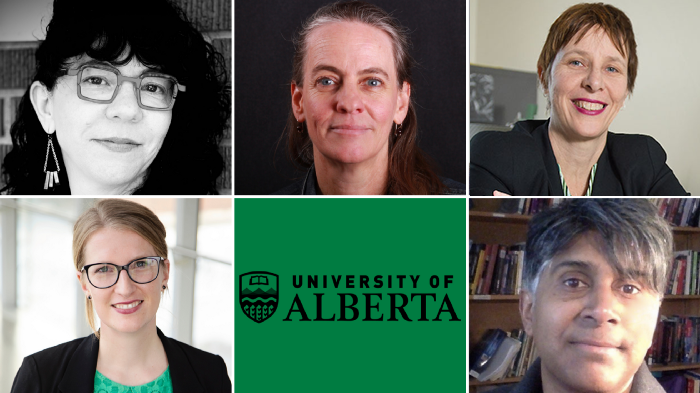
Aligning with the Kule’s vision of creating a greater understanding of the most important issues of the day, we are excited to partner with the Sustainability Council in announcing the members of the 2020-2023 cohort who have come together around the theme “Climate Resilience in the 21st Century”.
Over the course of the next 3 years these scholars will weave an interdisciplinary and collaborative research community that explores the theme of “Climate Resilience in the 21st Century”.
To learn more about our Kule Scholars please click on the links below.
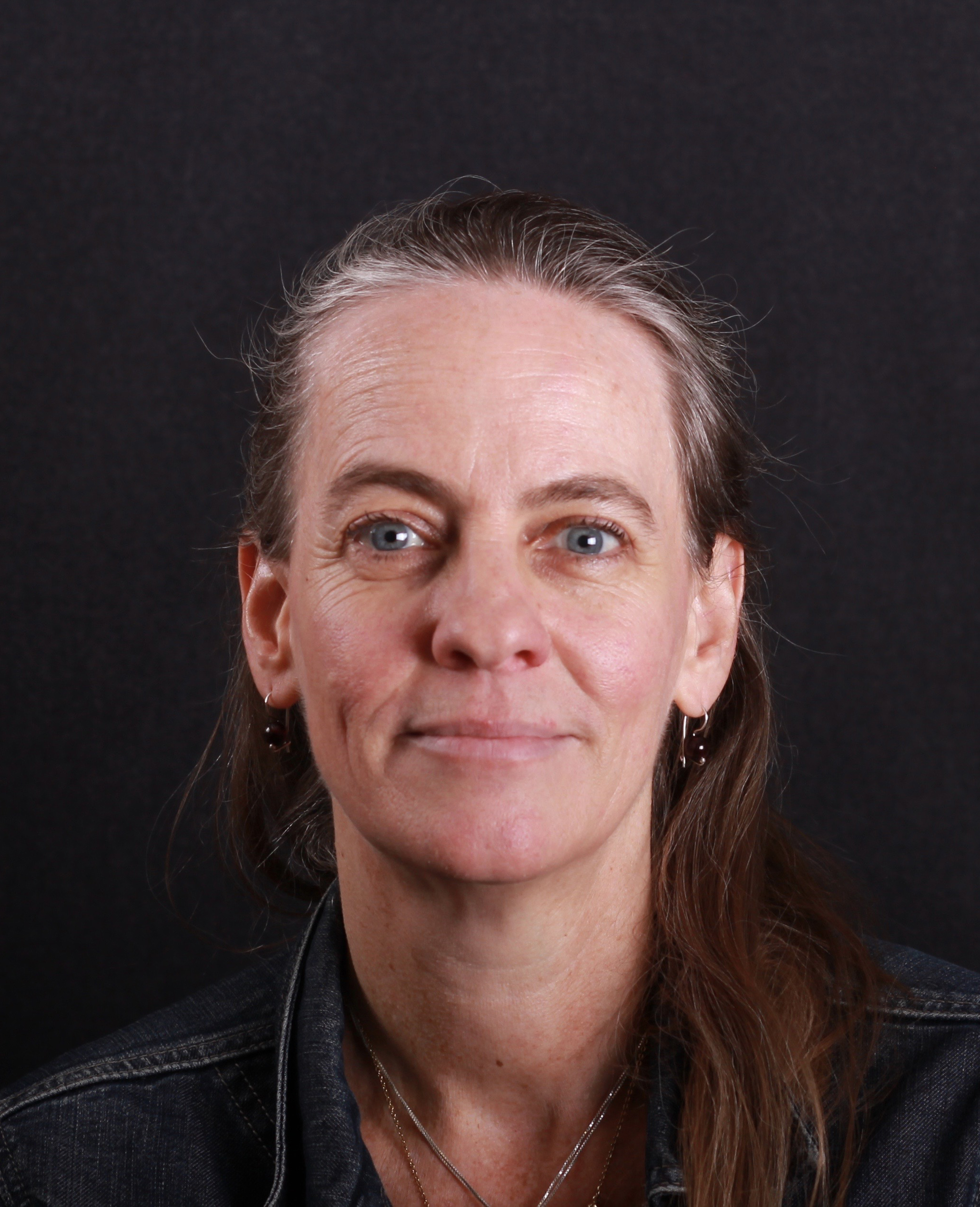 Dr. Selena Couture
Dr. Selena Couture
Assistant Professor
Faculty of Arts, Department of Drama
(Convener)
Selena Couture is a settler scholar and Assistant Professor at the University of Alberta, in Edmonton/ Treaty 6 territory and Métis Region No.4. Her projects engage with theatrical and cultural performances including speech acts, place naming, Indigenous language revitalization and phenomenological spatial orientations. Through these elements she explores relationships to land: deconstructing conceptions of settler colonial whiteness and possession while foregrounding the maintenance of Indigenous places through performance. Publications include, Against the Current and Into the Light: Performing History and Land in Coast Salish Territories and Vancouver’s Stanley Park (McGill-Queen’s UP Indigenous and Northern Series, 2020) and On this Patch of Grass: City Parks and Occupied Lands (Fernwood 2018).
She holds a SSHRC Insight Development Grant, “Decolonizing Performative Reenactments of History” which engages with the historical narratives created in rural BC, taking into account the lack of treaties to govern settler access to the land; the continuously present Indigenous protection of unceded territories despite settler colonial extraction; and the unique relation to the lands expressed through Indigenous languages.
She is also a co-director of the Ecologies research cluster in the SSHRC Partnership Grant "Hemispheric Encounters: Developing Transborder Research-Creation Practices," (2020-2027) led by Dr. Laura Levin of York University. The project is developing a network across the Americas of organizations, artists, activists and scholars actively working in and with hemispheric performance to share strategies and resources. Her research in this project focuses on human and environmental effects of transnational resource extraction, as well as site-based performance strategies of refusal that address urban, environmental, and spatial politics.
Her research practice responds to the growing crisis of global warming, develops a wider collaborative network and expands efforts to create responsible relations with Indigenous people, lands and all other-than-human beings.
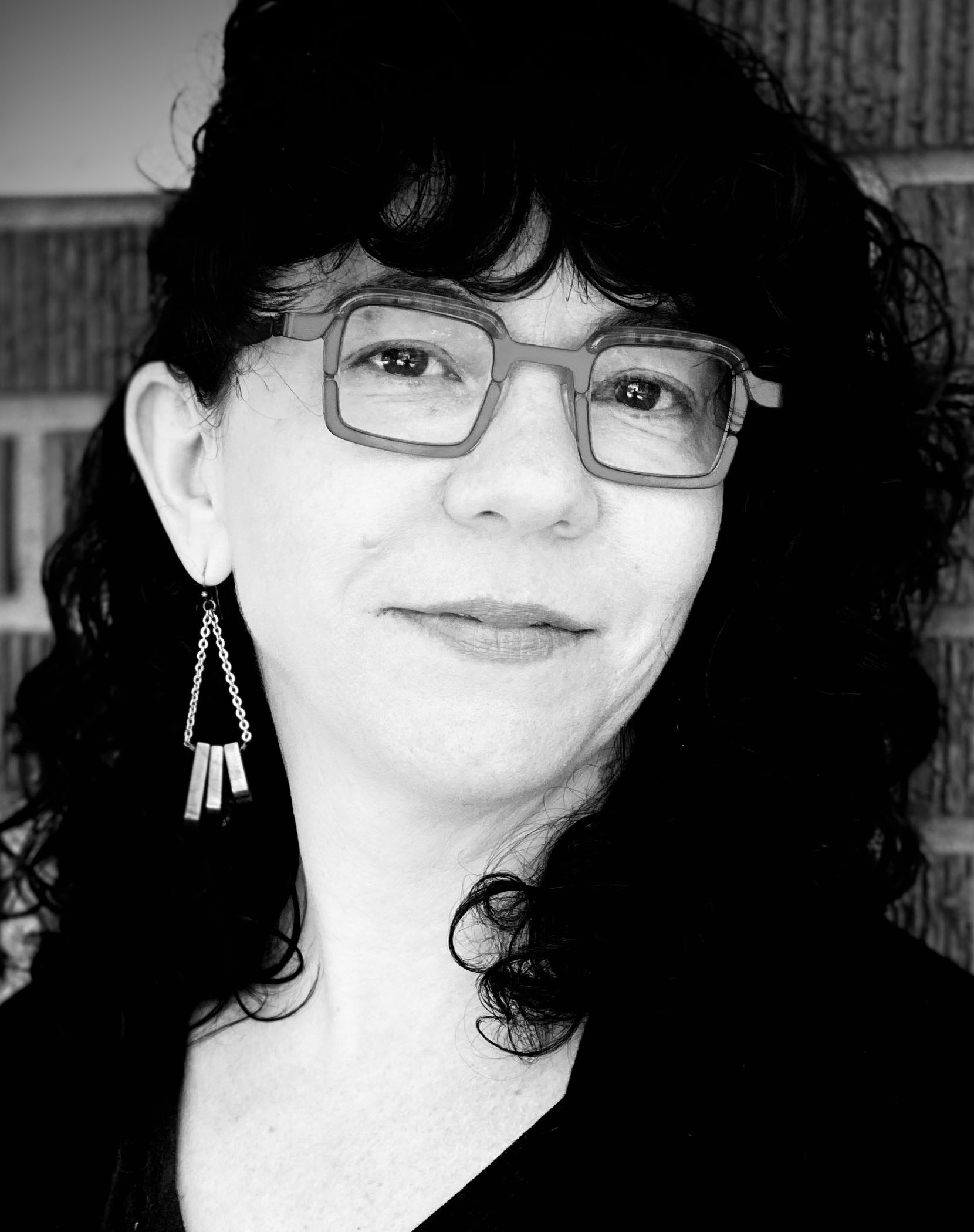 Dr. Natalie Loveless
Dr. Natalie Loveless
Associate Professor
Faculty of Arts, Department of Art & Design
Natalie Loveless is Associate Professor, Contemporary Art and Theory, in the Department of Art and Design of the University of Alberta, located in ᐊᒥᐢᑿᒌᐚᐢᑲᐦᐃᑲᐣ (Amiskwacîwâskahikan) on Treaty Six territory. Since 2012, Loveless has have lectured and written on research-creation as a method for building inclusivity and working in alternative scholarly ways that draw on the insights of the visual arts, while fostering diversity of methods and outputs across disciplines within the university as well as university-adjacent spaces. Recent publications include How to Make Art at the End of the World: A Manifesto for Research-Creation (Duke University Press), Knowings and Knots: Methodologies and Ecologies in Research-Creation (University of Alberta Press), and <Immune Nations> Research-Creation at the Intersection of Vaccine Science and Global Health Policy (Imaginations: Journal of Cross-Cultural Image Studies).
Loveless is the founder and director of the Research-Creation and Social Justice CoLABoratory, and co-directs the University of Alberta’s Faculty of Arts Signature Area in Research-Creation (SPAR²C: Shifting Praxis in Artistic Research / Research-Creation). She is currently working on a new book and curatorial project, Sensing the Anthropocene: Aesthetic Attunement in an age of Urgency and is research-creation lead on Speculative Energy Futures, part of the Just Powers initiative funded by the Future Energy Systems Canada First Research Excellence Fund (CFREF). In 2020 Loveless was elected to the Royal Society of Canada (College of New Scholars, Artists, and Scientists).
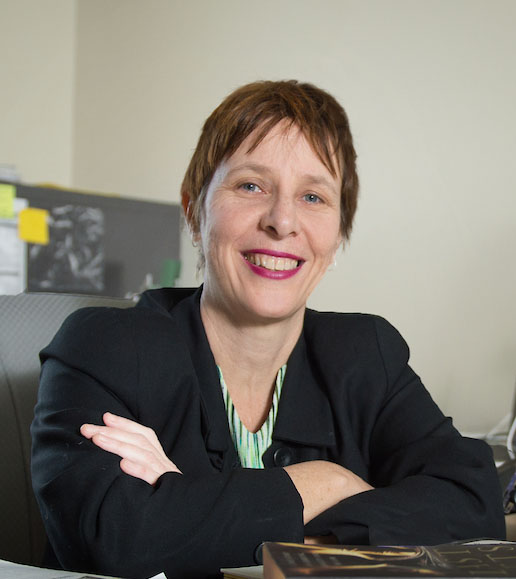 Dr. Fiona Nicoll
Dr. Fiona Nicoll
Professor
Faculty of Arts - Department of Political Science
Why are the economic, political, cultural and environmental crises that face us so often posed as analogies between gambling and other forms of human and environmental exploitation rather than in terms of their systemic interaction?
Dr. Nicoll’s work seeks to extend our understanding beyond the concept of ‘casino capitalism’ (developed in 1986 by British economist, Susan Strange) to develop a holistic understanding of how commercial gambling industries disperse benefits and harms unevenly and unequally. As a Kule scholar, she will focus on aspects of gambling that are most relevant for Alberta, a state that is heavily dependent on different forms of resource extraction.
Collaborative and interdisciplinary research is a consistent thread throughout her academic career. Nicoll is a founding member and first Vice President of the Critical Race and Whiteness Studies Association, she established and edited the inaugural issue of the journal Critical Race and Whiteness Studies in 2005. She also co-edited one of the first issues of Borderlands eJournal in 2002 on political definitions and challenges related to contested sovereignties in settler-colonial states, as well as an international collection of essays in critical race and whiteness studies titled Transnational Whiteness Matters in 2008.
A major interdisciplinary arts-based project is Courting Blakness: Recalibrating Knowledge in the Sandstone University (2015) based on an innovative art installation with eight Indigenous artists and curated by Fiona Foley, which was held in the Great Court of the University of Queensland, and featuring essays from researchers in political science, anthropology, law, cinema studies and architecture, together with reflections from curators and visual artists. Most recently, as an Alberta Gambling Research Institute Chair, she established and currently co-edits the Journal of Critical Gambling Studies. Her current book project Disciplinarity and Academic Integrity in Gambling Research, co-authored with an information scientist, an expert in research bibliometrics and visualisations, and a critical gaming scholar, is due to be published with the University of Alberta Press in 2021.
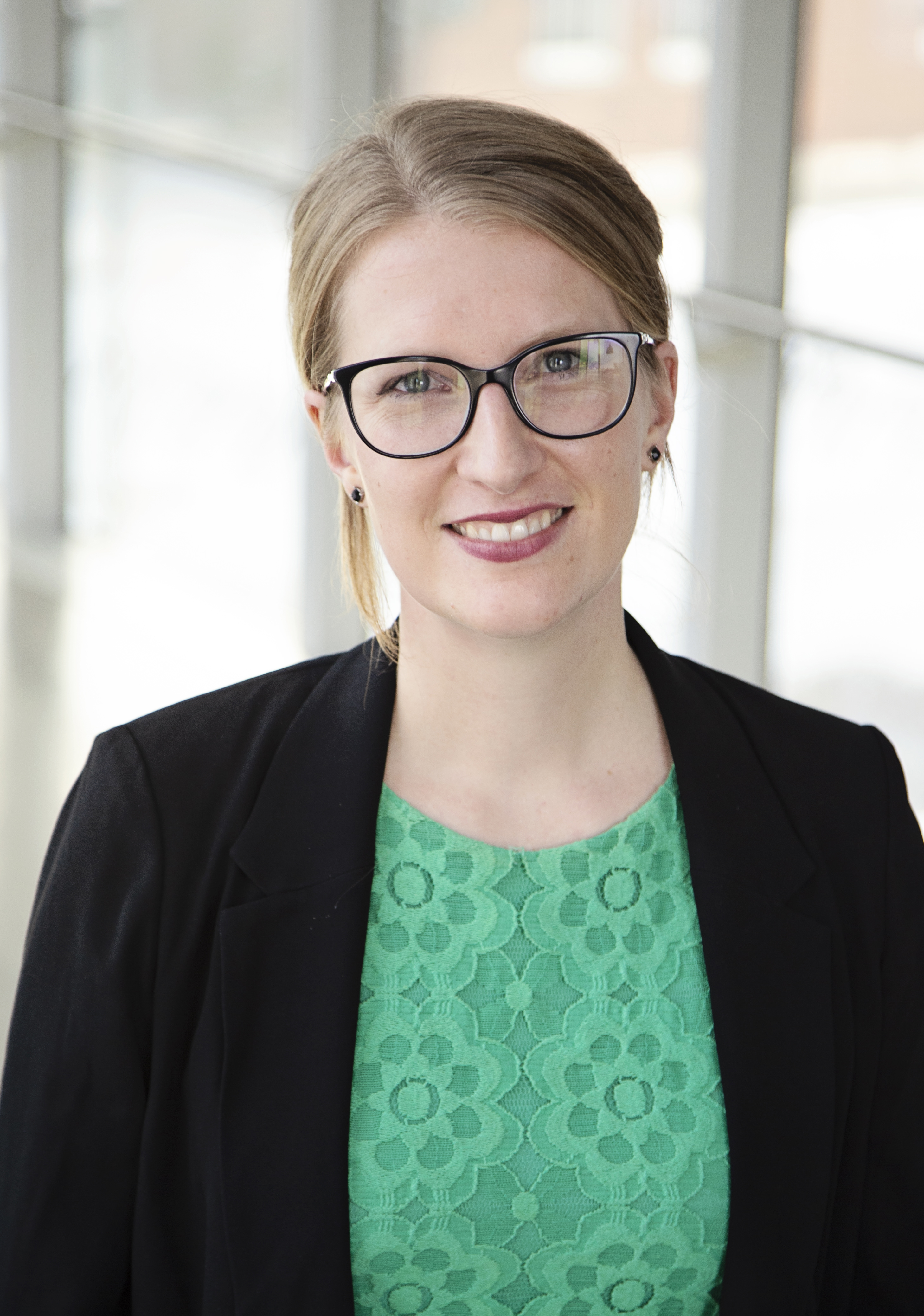 Dr. Sherilee Harper
Dr. Sherilee Harper
Associate Professor
School of Public Health
Sherilee Harper is a Canada Research Chair in Climate Change and Health and an Associate Professor in the School of Public Health at the University of Alberta. Her research investigates associations between weather, environment, and public health in the context of climate change, and she collaborates with partners to prioritise climate-related health actions, planning, interventions, and research.
She is a Lead Author on the Intergovernmental Panel on Climate Change (IPCC) Special Report on the Ocean and Cryosphere in a Changing Climate (SROCC); Lead Author on the IPCC’s Sixth Assessment Report (AR6-WG2); is a Lead Author on Health Canada’s upcoming Climate Change and Health Assessment; and serves on the Gender Task Group for the IPCC.
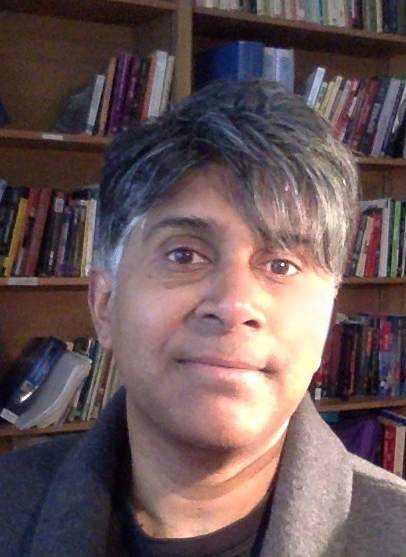 Dr. Sourayan Mookerjea
Dr. Sourayan Mookerjea
Associate Professor
Faculty of Arts, Department of Sociology
Sourayan Mookerjea is associate professor of theory and cultural studies and director of the Intermedia Research Studio in the Department of Sociology, University of Alberta, in Treaty Six Territory where he specializes in critical social theory, global sociology, and intermedia research. From a visible-minority immigrant family with roots in India’s system of caste privilege, his research addresses questions regarding the cultural and class politics of renewable energy transition, and critically engages with eco-feminist degrowth and commons theory in order to delink social and environmental justice theory and praxis from the colonizer’s model of the world. His current projects include SSHRC-funded research on Intermedia Commons, Political Ecology, Pluriversal Regeneration and Degrowth and Toxic Media Ecologies: Critical Responses to the Cultural Politics of Planetary Crises.
He is co-director of Feminist Energy Futures: Powershift and Environmental Social Justice as well as iDoc: Intermedia and Documentary as well as a co-investigator on the Just Powers team for the research-creation collaboration, Speculative Energy Futures; He is a founding member of RePublicU, a critical university studies network and the Arts and the Anthropocene Research-Creation Social Justice CoLABoratory at the University of Alberta; He is also co-editor of Canadian Cultural Studies: A Reader (Duke University Press, 2009).